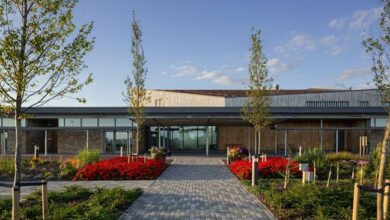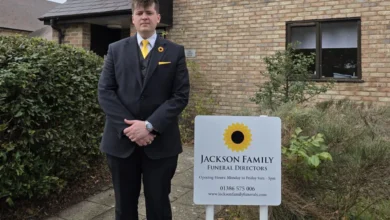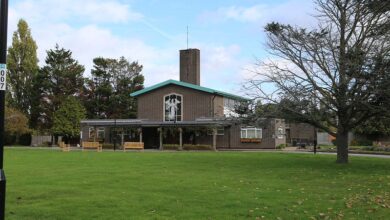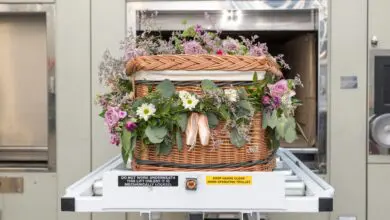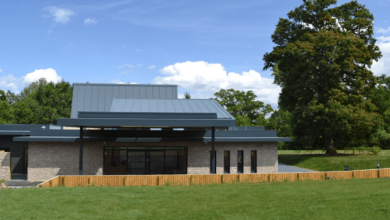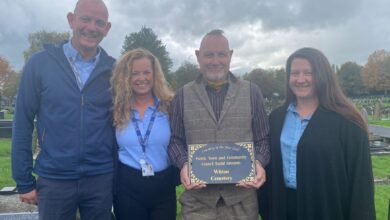Cardiff council calls for new cemetery before city ‘runs out of space’

Register to get 1 free article
Reveal the article below by registering for our email newsletter.
Want unlimited access? View Plans
Already have an account? Sign in
Calls for a new cemetery to be built in Cardiff is being considered by the council following a ‘New Burial Space’ report by the Environmental Scrutiny Committee.
The report is due to be received by cabinet at its meeting on 15 March 2018. It will be submitted to seek cabinet approval to develop an area of existing council owned land North of the M4 on the A469 for new cemetery space subject to planning approvals being granted.
Cardiff Bereavement Services currently carry out on average 1,350 burials per year, and 800 of these are full size graves and 550 are burials of cremated remains. In the city, new burials require approximately 0.5 acres of virgin land a year.
The report goes on to state that Cardiff’s busiest cemetery, Thornhill, which serves residents in the north, east and south areas has no options for further expansion. The report predicts that the cemetery has two years before it reaches full capacity.
In the report, the Local Development Plan (LDP) also says that the 40,000 new homes set to be built in the city will have a long term effect on the death rate, and may lead to the city’s Bereavement Service being unable to cope with demand.
A potential space for a new cemetery is proposed in the report, a 12.5 acre plot of land located on the A469 north of the M4 and less than 650 meters from Thornhill Cemetery, meaning the residents it serves can use there instead.
The report says of the proposed site: “The site is of adequate size to allow for a range of burial options to be provided including traditional graves, lawn graves, cremated remains graves and a dedicated natural burial area.
13. The area totals 12.5 acres; five acres however can remain undeveloped at present and would be reserved for use in the future.
“When fully developed the initial area of the site would provide burial space for approximately 5,500 new graves which would be sufficient at the current rate for approximately the next 25 years, the reserved area could then be developed to provide a further 4,000 graves which would last for around another 15 to 20 years.”
The cost of the scheme is estimated to be £3 million and there will be a possible increase of £20 to current burial and cremation fees to increase revenue.
The council will meet on 15 March.


